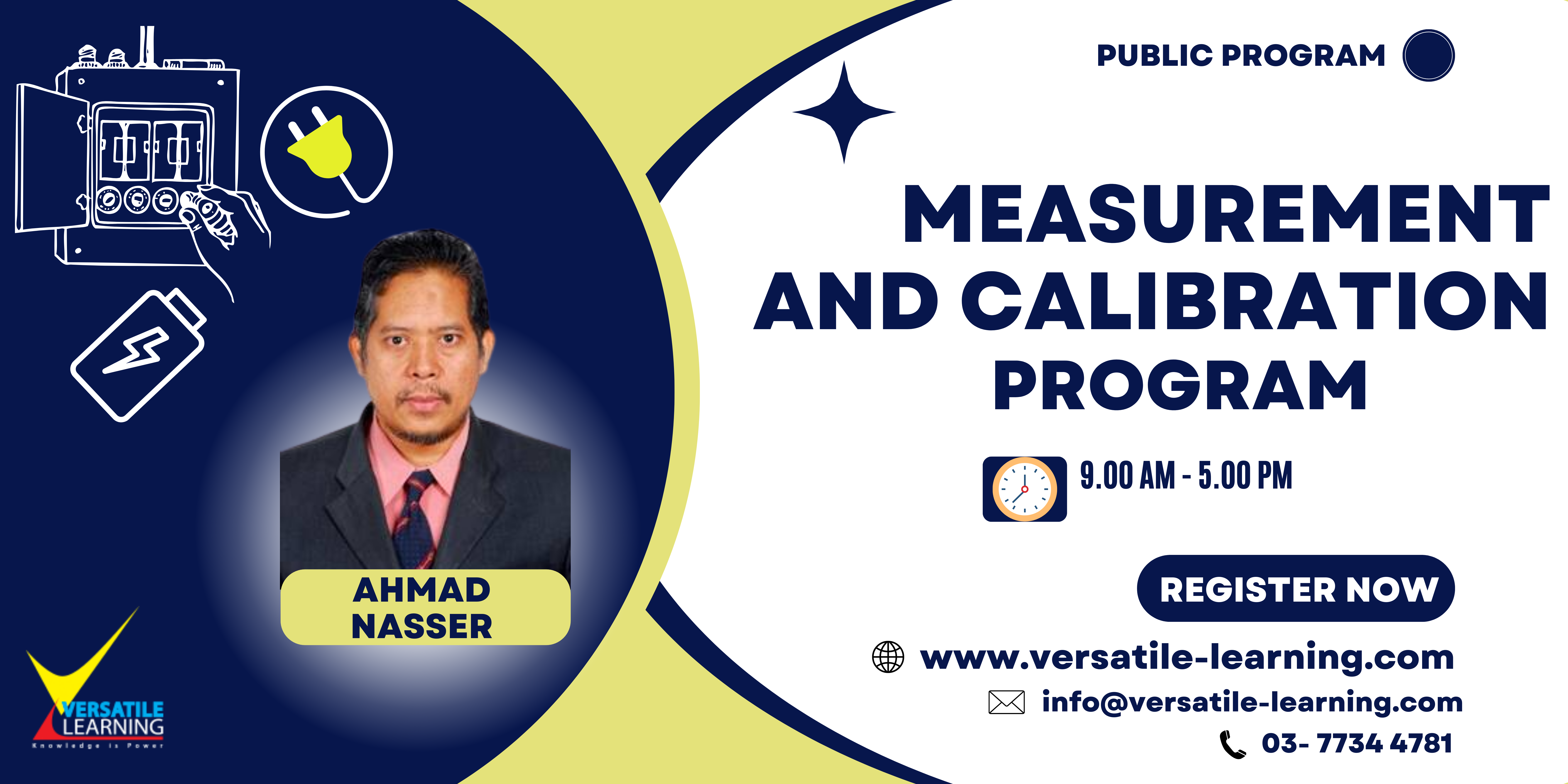INTRODUCTION
Accurate measurements are essential in today’s industry as they ensure product quality, operational efficiency, and regulatory compliance. Precise measurements underpin quality control processes, enabling manufacturers to produce goods that meet specifications and customer expectations. They also enhance efficiency by optimizing resource use and minimizing waste. In industries such as pharmaceuticals, aerospace, and food processing, accurate measurements are critical for safety and regulatory adherence, preventing costly errors and ensuring consumer protection. Overall, reliable measurements support innovation, competitiveness, and sustainable practices in the modern industrial landscape
Calibration is crucial in today’s industry as it ensures the accuracy and reliability of measurement instruments, directly impacting product quality, safety, and regulatory compliance. By calibrating instruments, industries can maintain consistent and precise measurements, reducing errors and ensuring that products meet exact specifications. This reliability is essential for
quality control, operational efficiency, and adherence to safety standards. Regular calibration also extends the lifespan of equipment and helps prevent costly downtime and product recalls. In sectors like healthcare, manufacturing, and aerospace, where precision is paramount, calibration is indispensable for maintaining trust and achieving excellence.
These are the advantages for a company that have a skilled workers in Calibration process:
- Enhanced Precision and Accuracy: Staff who understand best calibration practices can ensure that measurement instruments are precise and accurate, leading to higher quality products and fewer errors.
- Improved Safety Compliance: Knowledgeable staff can effectively calibrate equipment, ensuring compliance with safety
standards and reducing the risk of accidents or malfunctions - Cost Efficiency: Proper calibration minimizes equipment downtime and maintenance costs, as well-maintained instruments are less likely to require expensive repairs or replacements.
- Regulatory Adherence: Understanding calibration best practices helps staff ensure that all measurements meet industry regulations and standards, avoiding legal issues and potential fines.
- Boosted Productivity: Well-calibrated instruments lead to smoother operations and fewer interruptions, allowing staff to work more efficiently and increasing overall productivity in the company.


